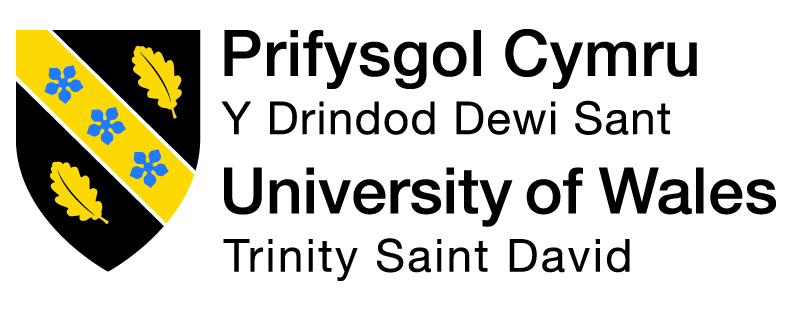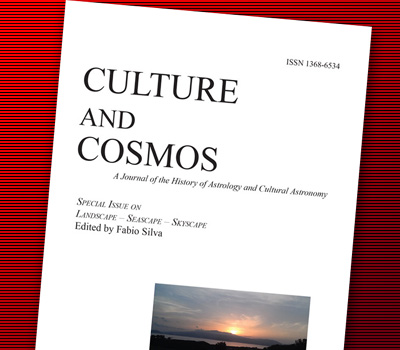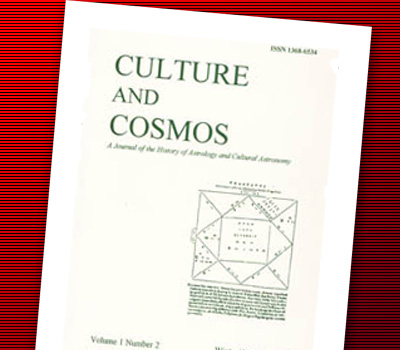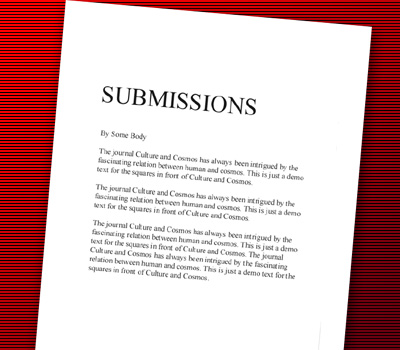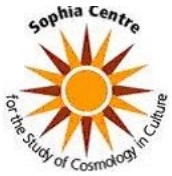We are currently seeking submissions for future volumes of Culture and Cosmos.
Volume 10
The Tokugawa Shoguns and Onmyōdō
Hayashi Makoto
Abstract
Onmyōdō was widely disseminated in Japan from around the tenth century. Astronomy, calendar making, yin-yang practices, and the allotment of time were under the jurisdiction of the Onmyōryō (Ministry of Yin-Yang), but Onmyōdō soon developed from a yin-yang practice into religious practice. Onmyōdō rituals were created in Japan under the influence of kami worship, Buddhism, and Daoism. The study of Onmyōdō was initially focused on activities performed within the aristocratic society, but increasingly new research is being conducted on the relationship between the military government (bakufu) and Onmyōdō. The interest in political history has encouraged the study of the different ways in which the shoguns of the Kamakura, Muromachi and Edo periods have utilized yin-yang practitioners (onmyōji) and conducted rituals. Source evidence suggests that Tokugawa shoguns were not afraid of astronomical irregularities (with the one exception of the fifth Shogun). During the rule of Tsunayoshi, a new calendar, created by Shibukawa Shunkai, made it possible to predict solar and lunar eclipses more accurately, and consequently people were no longer afraid of these phenomena. At the same time, the Tsuchimikado family was given official sanction to control the onmyōji of all provinces.

